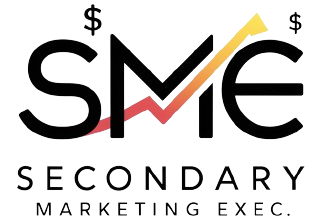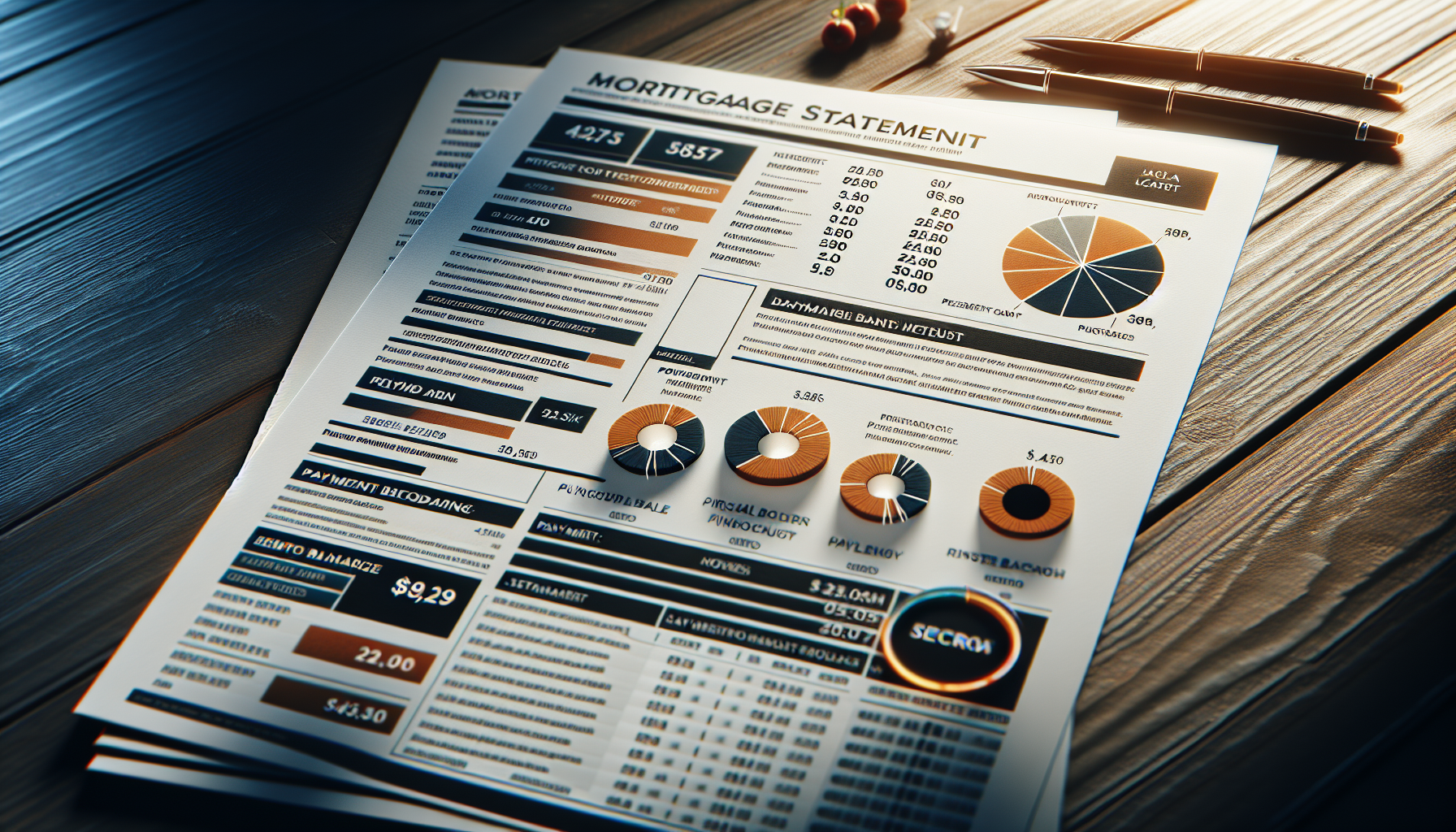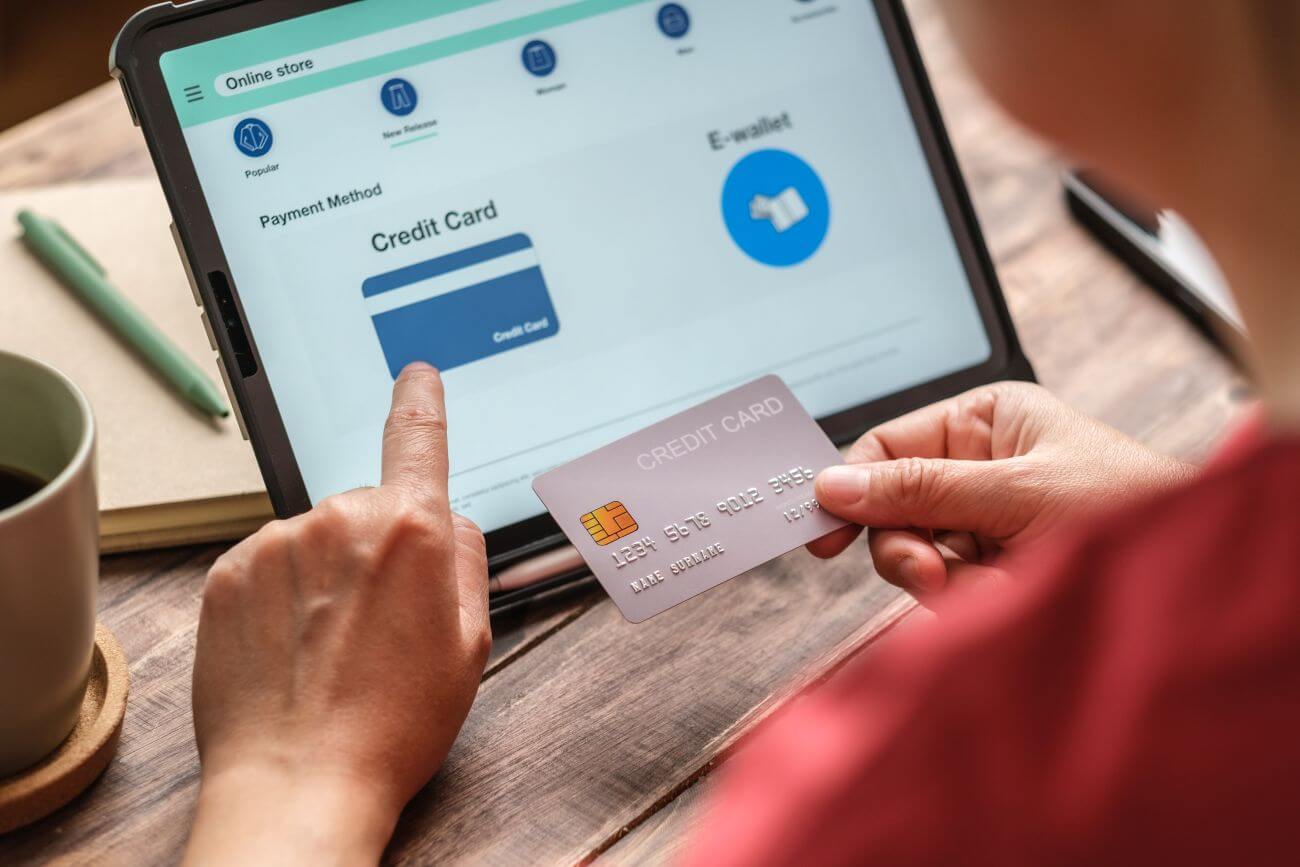What Is a Purchase-Money Mortgage?
A purchase-money mortgage is a type of financing provided by the seller of a property to the buyer. Also known as seller financing or owner financing, this arrangement allows buyers who may not qualify for traditional mortgages to purchase a home. The seller sets the terms of the loan, including the down payment, interest rate, and repayment schedule.
Definition of a Purchase-Money Mortgage
A purchase-money mortgage is a loan provided by the property seller to the home buyer. The seller acts as the lender, offering financing to the buyer to purchase the property. This type of mortgage is an alternative to traditional bank financing and can be beneficial for buyers who have poor credit, a high debt-to-income ratio, or a low down payment.
How Purchase-Money Mortgages Work
In a purchase-money mortgage, the buyer and seller enter into a mortgage agreement outlining the terms of the loan. The seller sets the requirements for the down payment, interest rate, and any closing fees. The buyer makes monthly payments to the seller based on an amortization schedule, which is separate from any property tax or homeowners insurance payments. The seller holds the deed to the property until the loan is fully paid off, at which point they execute a satisfaction of mortgage document.
Types of Purchase-Money Mortgages
There are several types of purchase-money mortgages, each with its own unique characteristics:
Land Contracts
A land contract is a type of purchase-money mortgage where the seller agrees to finance the buyer’s purchase of the property. The buyer pays the seller agreed-upon amounts on agreed-upon dates until the loan is fully repaid. Land contracts can be beneficial for buyers who may not qualify for traditional financing.
Lease Option and Lease Purchase Agreements
Lease option and lease purchase agreements are types of purchase-money mortgages that involve a rental agreement with the option or commitment to buy the home. In a lease option agreement, the buyer has the option to purchase the property during the lease or when it expires. A lease purchase agreement, also known as a rent-to-own agreement, requires the buyer to commit to purchasing the home at a later date.
Assumable Mortgages
An assumable mortgage is a type of purchase-money mortgage where the buyer takes over the seller’s existing mortgage. This can be advantageous if interest rates have increased since the original mortgage was obtained. Common assumable mortgages include FHA loans, USDA loans, and VA loans.
Hard Money Loans
Hard money loans, also known as private money mortgages, are short-term loans provided by private investors. These loans focus on the value of the property itself rather than the borrower’s qualifications. While hard money loans can have a faster approval process, they often come with higher interest rates compared to traditional mortgages.
Pros and Cons of Purchase-Money Mortgages
Purchase-money mortgages offer both benefits and drawbacks for buyers and sellers:
Benefits of Purchase-Money Mortgages
- Expanded access to homeownership for buyers with bad credit or low down payments
- Flexible terms, such as longer repayment periods or lower down payment requirements
- Lower closing costs compared to traditional mortgages
- Faster closing process, as there is no need for bank approval
Drawbacks of Purchase-Money Mortgages
- Higher interest rates compared to traditional mortgages
- Potential for balloon payments at the end of the loan term
- Increased risk of foreclosure if the buyer defaults on payments
- Seller bears the risk of the buyer not repaying the loan
Considerations for Buyers
Before entering into a purchase-money mortgage, buyers should carefully consider their options and compare them to traditional financing.
When to Consider a Purchase-Money Mortgage
A purchase-money mortgage may be a good option for buyers who:
- Have bad credit or a high debt-to-income ratio
- Cannot afford a large down payment
- Do not qualify for a traditional mortgage
- Want to close on a property quickly
Comparing to Traditional Mortgage Options
While purchase-money mortgages can offer benefits, buyers should also consider traditional mortgage options. Conventional mortgages, FHA loans, and other government-backed programs may offer lower interest rates, lower closing costs, and more favorable terms. Buyers should compare the total cost of each option and choose the one that best fits their financial situation.
| Purchase-Money Mortgage | Traditional Mortgage |
|---|---|
| Higher interest rates | Lower interest rates |
| Flexible down payment requirements | Strict down payment requirements |
| Faster closing process | Longer closing process |
| Seller bears the risk | Bank bears the risk |
Ultimately, the decision to pursue a purchase-money mortgage depends on the buyer’s individual financial situation and the specific terms offered by the seller. By carefully weighing the pros and cons and comparing options, buyers can make an informed decision that best meets their homeownership goals.
See also:
- What is a Wrap Around Mortgage: Everything You Need To Know
- How to Assume a Mortgage from a Family Member – Tips and Guide
- For which buyer would a lender most likely approve a $200,000 mortgage? – Guide
- How Long Does Preapproval for Mortgage Last?
- A Balloon Payment Mortgage: Best Choice for Borrowers Who Are…








Leave a Reply